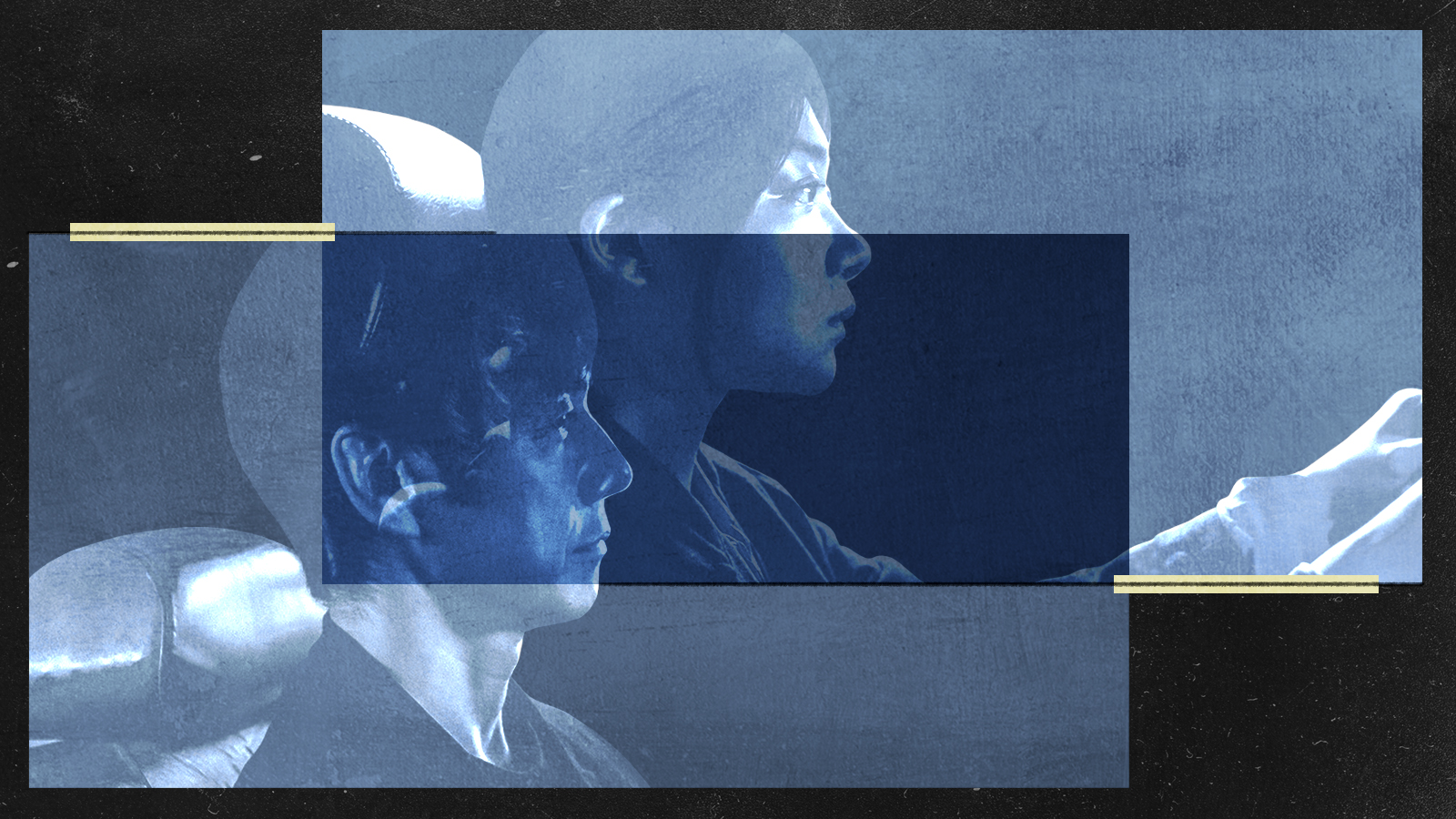Drive My Car and the case against superficial relatability


A free daily email with the biggest news stories of the day – and the best features from TheWeek.com
You are now subscribed
Your newsletter sign-up was successful
What'd you think of the movie?
It's a common enough question, and one we often answer with a story of our own. It was good — it was like that time I ... Or: It wasn't realistic, which I know because when I ... Writers are often advised to write what they know, and as readers and viewers we often gravitate toward what we know, too, choosing novels set in places we've visited or shows with characters who remind us of ourselves. Who hasn't loved a breakup album while going through a breakup?
Picking media because we can relate to it frequently feels like the natural thing to do. But relatability, taken so literally, shouldn't be the end point of experiencing art. Often, it shouldn't even be the beginning. Deciding whether to watch something — or, after watching, judging the experience — according to how well we can relate risks filtering out stories that don't fit neatly into our own understanding. Worse, especially if adopted by the dominant culture in a pluralist society like ours, this criterion risks flattening our stories, stifling new and challenging artistic voices, and, ironically, precluding connection with different people rather than fostering it.
The Week
Escape your echo chamber. Get the facts behind the news, plus analysis from multiple perspectives.

Sign up for The Week's Free Newsletters
From our morning news briefing to a weekly Good News Newsletter, get the best of The Week delivered directly to your inbox.
From our morning news briefing to a weekly Good News Newsletter, get the best of The Week delivered directly to your inbox.
Ryûsuke Hamaguchi's sublime Drive My Car represents a challenge to that regressive notion. The film itself is about the unlikely connection formed between a widower and his driver, a younger woman with whom he finds he shares an understanding of loss. Just under three hours, it is a focused story told so naturally viewers are brought completely into the nuances of the characters' lives. The late film critic Roger Ebert described cinema as a "machine that generates empathy," and Drive My Car is that machine in perfect form. It creates understanding not by being superficially relatable but by drawing us into its very particular tale. Audience members are invited to grow with Hamaguchi's work, not to be comforted with what we already know.
The film is up for four Academy Awards at Sunday's Oscars. This is the first time a film from Japan has been nominated for Best Picture and, whether we like the cultural power of the Oscars or not, an encouraging sign of Americans' rising willingness to open our minds to more expansive stories. When we aren't shallow in our media diet, we can open the door to a multiplicity of stories just waiting for us to discover them.
A free daily email with the biggest news stories of the day – and the best features from TheWeek.com
Chase Hutchinson is a writer and journalist located outside of Seattle, WA. A member of the Seattle Film Critics Society (SFCS), he has written about film, television, and culture for Collider, The Stranger, the Portland Mercury, and the Inlander, among others.
-
 How the FCC’s ‘equal time’ rule works
How the FCC’s ‘equal time’ rule worksIn the Spotlight The law is at the heart of the Colbert-CBS conflict
-
 What is the endgame in the DHS shutdown?
What is the endgame in the DHS shutdown?Today’s Big Question Democrats want to rein in ICE’s immigration crackdown
-
 ‘Poor time management isn’t just an inconvenience’
‘Poor time management isn’t just an inconvenience’Instant Opinion Opinion, comment and editorials of the day
-
 Microdramas are booming
Microdramas are boomingUnder the radar Scroll to watch a whole movie
-
 The 8 best TV shows of the 1960s
The 8 best TV shows of the 1960sThe Week Recommends The standout shows of this decade take viewers from outer space to the Wild West
-
 Film reviews: ‘Wuthering Heights,’ ‘Good Luck, Have Fun, Don’t Die,’ and ‘Sirat’
Film reviews: ‘Wuthering Heights,’ ‘Good Luck, Have Fun, Don’t Die,’ and ‘Sirat’Feature An inconvenient love torments a would-be couple, a gonzo time traveler seeks to save humanity from AI, and a father’s desperate search goes deeply sideways
-
 The biggest box office flops of the 21st century
The biggest box office flops of the 21st centuryin depth Unnecessary remakes and turgid, expensive CGI-fests highlight this list of these most notorious box-office losers
-
 The 8 best superhero movies of all time
The 8 best superhero movies of all timethe week recommends A genre that now dominates studio filmmaking once struggled to get anyone to take it seriously
-
 February TV brings the debut of an adult animated series, the latest batch of ‘Bridgerton’ and the return of an aughts sitcom
February TV brings the debut of an adult animated series, the latest batch of ‘Bridgerton’ and the return of an aughts sitcomthe week recommends An animated lawyers show, a post-apocalyptic family reunion and a revival of a hospital comedy classic
-
 Heated Rivalry, Bridgerton and why sex still sells on TV
Heated Rivalry, Bridgerton and why sex still sells on TVTalking Point Gen Z – often stereotyped as prudish and puritanical – are attracted to authenticity
-
 Film reviews: ‘Send Help’ and ‘Private Life’
Film reviews: ‘Send Help’ and ‘Private Life’Feature An office doormat is stranded alone with her awful boss and a frazzled therapist turns amateur murder investigator
